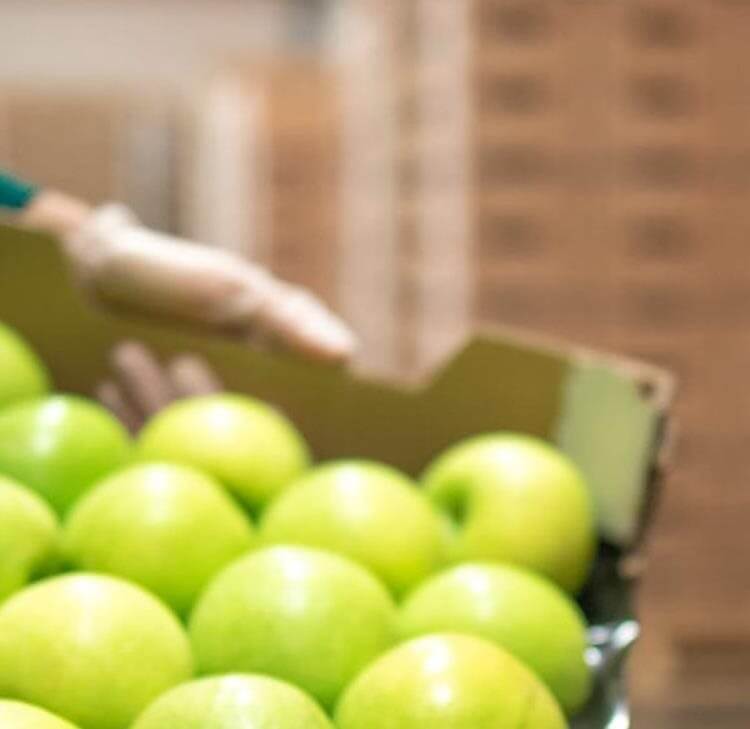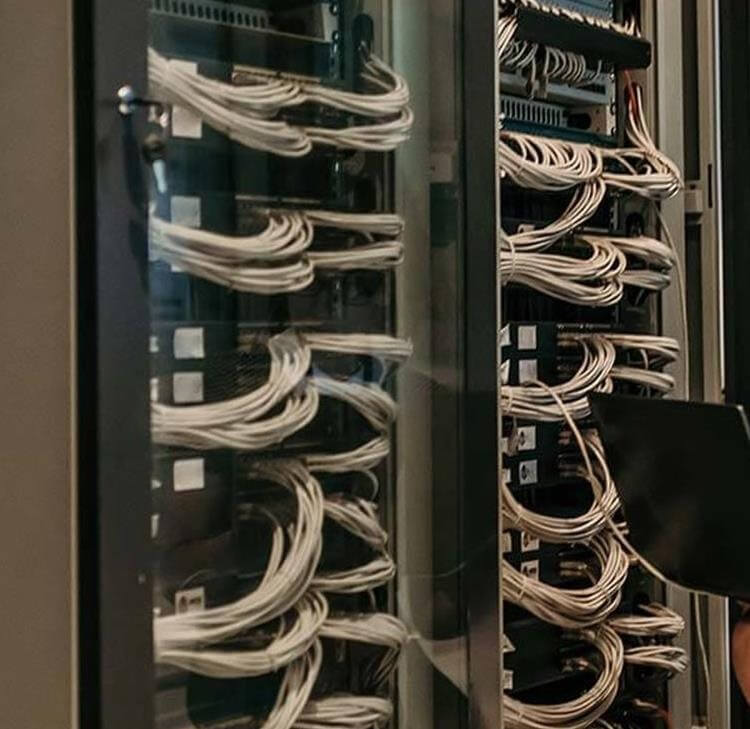Parallel Imports - what brand and IP owners need to know
Parallel importers seek to exploit price differentials for goods sold in different countries. The EU principle of exhaustion of rights prevents businesses from enforcing their IP rights to restrict this secondary trade within the EU if the goods were first marketed in the EU with their consent, other than in limited circumstances.
Parallel importers seek to exploit price differentials for goods sold in different countries. The EU principle of exhaustion of rights prevents businesses from enforcing their IP rights to restrict this secondary trade within the EU if the goods were first marketed in the EU with their consent, other than in limited circumstances.
This short webinar will revisit the regime regulating parallel trade, including the marked difference between how grey goods imported from within and from outside the EU are dealt with. It will also consider recent developments concerning de-branded parallel imported goods, resale of component parts under a trade mark, resale of digital goods and, of course, whether the situation is due to change following Brexit.
Follow us on LinkedIn for more useful training and resources
.embed-container { position: relative; padding-bottom: 56.25%; height: 0; overflow: hidden; max-width: 100%; } .embed-container iframe, .embed-container object, .embed-container embed { position: absolute; top: 0; left: 0; width: 100%; height: 100%; }Speakers

Giles Parsons
Partner
giles.parsons@brownejacobson.com
+44 (0)20 7337 1505

Bonita Trimmer
Consultant
bonita.trimmer@brownejacobson.com
+44 (0)121 296 0675









































